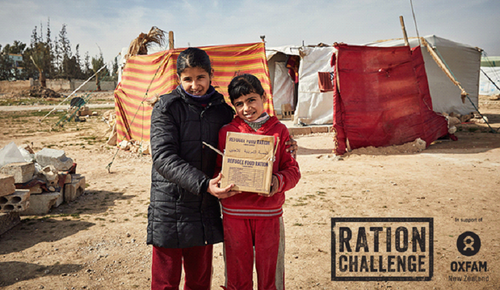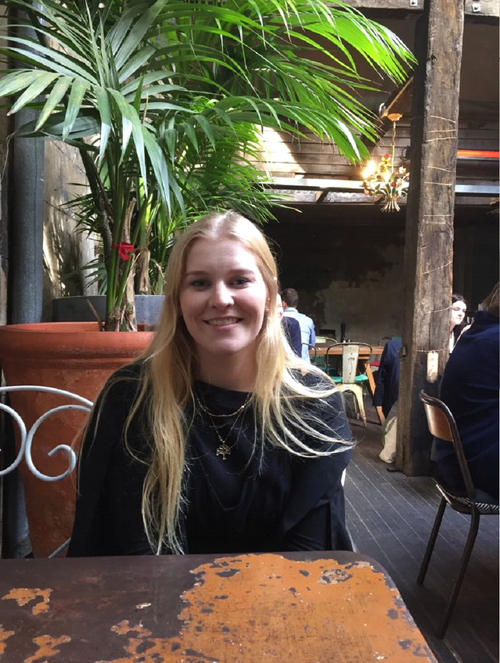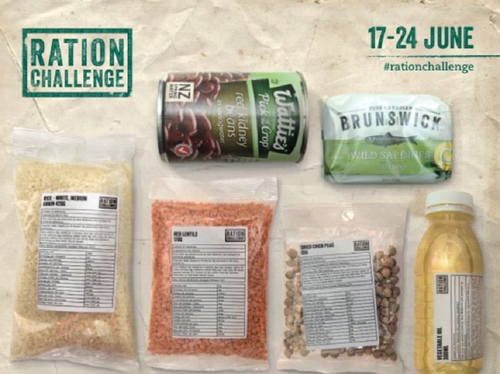Food for Thought

ASEP chatted with Vic student Bryony Harrison about why she has decided to embark on the Ration Challenge by eating the same food rations as a Syrian refugee for one week. Check out her inspiring answers as to what she’s doing to show that she’s with refugees, not against them.
Why did you decide to do the ration challenge?
I have decided to do the ration challenge in order to gain a better understanding of what struggles refugees face and the reality of how little access they have to basic human necessities (such as food) they have displaced.

Eating like a refugee for a week will I’m sure be tough because of the normal food intake I’m used to, but this just seemed like all the more reason to do it, in order to understand how refugees need our support from around the world to improve these conditions.
It also just seems like a small sacrifice to make when it could potentially make a real difference in the lives of those living in refugee camps in Jordan. These camps are full of families who have had to flee Syria to escape the violence and killings, and the fact that I could possibly help buy raising money to provide food, education and medical care is my main motivator to complete the ration challenge.

What do you think is the biggest issue facing refugees in NZ?
From what I know of refugee resettlement in NZ, what seems to be a key issue is the lack of mental health education provided, as well as a follow on problem of refugees not seeking mental health support when required.
Refugee services in NZ have found that many refugees, having experienced trauma and violence in their lives, suffer from mental health issues. However it has also been seen that they do not reach out for help from professionals or their families out of shame and stigma – or if they do it is often many years after their arrival here. I feel like this is a huge issue, as even though refugees may feel safe in NZ, and be grateful to be away from where they have fled from, the fact that they are still suffering without help is an indication of a failing of our settlement procedure. This could be addressed hopefully in the near future with more extensive education given about mental health, and an emphasis on destigmatising these problems and offering support repeatedly so they know they are not alone in this struggle.
